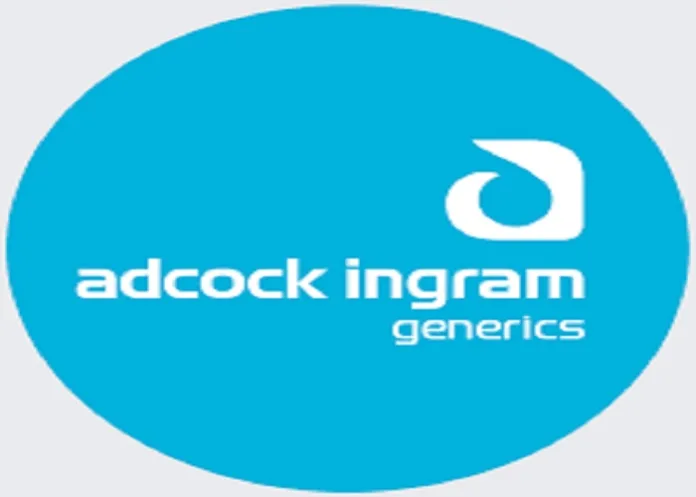Big players in the healthcare industry have flagged concerns about the NHI in their latest annual reports, raising the impact of the scheme as a key risk, notes MedicalBrief.
Drugmaker Adcock Ingram says the impact of the NHI on the pharmaceutical sector is not adequately addressed in the NHI Bill, and has cautioned that, in its current form, the Bill is highly likely to be challenged in the courts.
This comes as Discovery, which has been vocal about its concerns about the Bill, last week said the NHI was one of the biggest risks it currently faced.
In its annual report, the proposed NHI fund is “highly likely” to encounter legal challenges, which will delay implementation, said pharmaceutical company Adcock Ingram.
The drugmaker said the Bill, in its current form, would probably “be challenged through the court processes, either based on it being ‘unconstitutional’ or for the re-evaluation of the powers of the Ministers”, reports News24.
The minimum implementation period is five to 10 years, assuming any of the legal challenges don’t delay this or result in a complete redrafting of the Bill, it added.
“The impact on pharmaceutical companies is not explicitly outlined in the Bill, relative to how other stakeholders will be impacted,” said Adcock Ingram. “The NHI …procurement model is expected to be based on negotiated central pricing, combined with balancing of government policy which prioritises reduced medicine costs.”
This would be similar to the current single exit pricing model for the procurement of drugs for state institutions, as well as regulated drugs in which the state centrally allocates the amount and price of drugs to be procured from particular producers during a procurement cycle.
“The presence of a single purchaser of scheduled pharmaceutical products (Schedule 3 upwards) may give the NHI Fund significant buying power,” it added.
Once the Bill is passed into law, the process will start with the Health Minister having to set up interim committees and bodies to advise him on the implementation of NHI, and the initiation of various legislative reforms during the first phase up to 2026.
The second phase will “include the establishment … as a purchaser … through a system of mandatory pre-payment”.
Meanwhile, the second biggest risk facing Discovery is the implementation of NHI in its current form, says the group, and comes hard on the heels of the global escalating cost-of-living crisis and SA’s energy issues.
In its annual report published last week, group CEO Adrian Gore said the input of healthcare professionals, who are core and essential to the delivery of care, were not given the appropriate weight and attention in the drafting of the Bill.
“The current version states that once NHI has been fully implemented, medical schemes may offer only complementary cover to services not reimbursable by the NHI Fund. Universal healthcare is crucial and the NHI is a remedy to achieving this. However, we are of the view that the NHI is not workable without private-sector collaboration,” Gore wrote to shareholders.
“Funding the additional healthcare spend required for NHI through tax increases on a small base is not sustainable. Further, even with this additional spend, total healthcare funding would still be insufficient, and would result in the medical scheme population paying more tax and getting substantially less healthcare.
“The resources of both the public and private sectors are needed to deliver universal health coverage, and changes to the current version of the proposed bill could facilitate this collaboration.”
Discovery said it was concerned that NHI’s funding remained unclear, as input from the Treasury and the supporting money Bill had not been disclosed or debated, reports BusinessLIVE.
“We do not expect significant changes for medical schemes and private healthcare in the foreseeable future. According to the department of health, the full NHI will most likely only be fully implemented in more than a decade due to the funding-related issues, the complexity and the need for substantial investment into the overall healthcare system.
“It does, however, introduce a short-term risk of negative sentiment among medical professionals…and could lead to a skills gap in an already constrained system.”
The group said it supported the proposed low-cost benefit options (LCBOs) to be introduced into medical schemes, and “we await the regulatory developments needed to enable the introduction of LCBOs”.
BusinessLIVE article – Discovery lists NHI as second-biggest risk facing it (Restricted access)
See more from MedicalBrief archives:
Minister’s powers in NHI ‘unconstitutional’
Litigation threats as NHI Bill passed by parliamentary committee
Strong support for curbs to Health Minister’s powers in proposed NHI
Submissions: NHI Bill has serious constitutional and human rights implications

